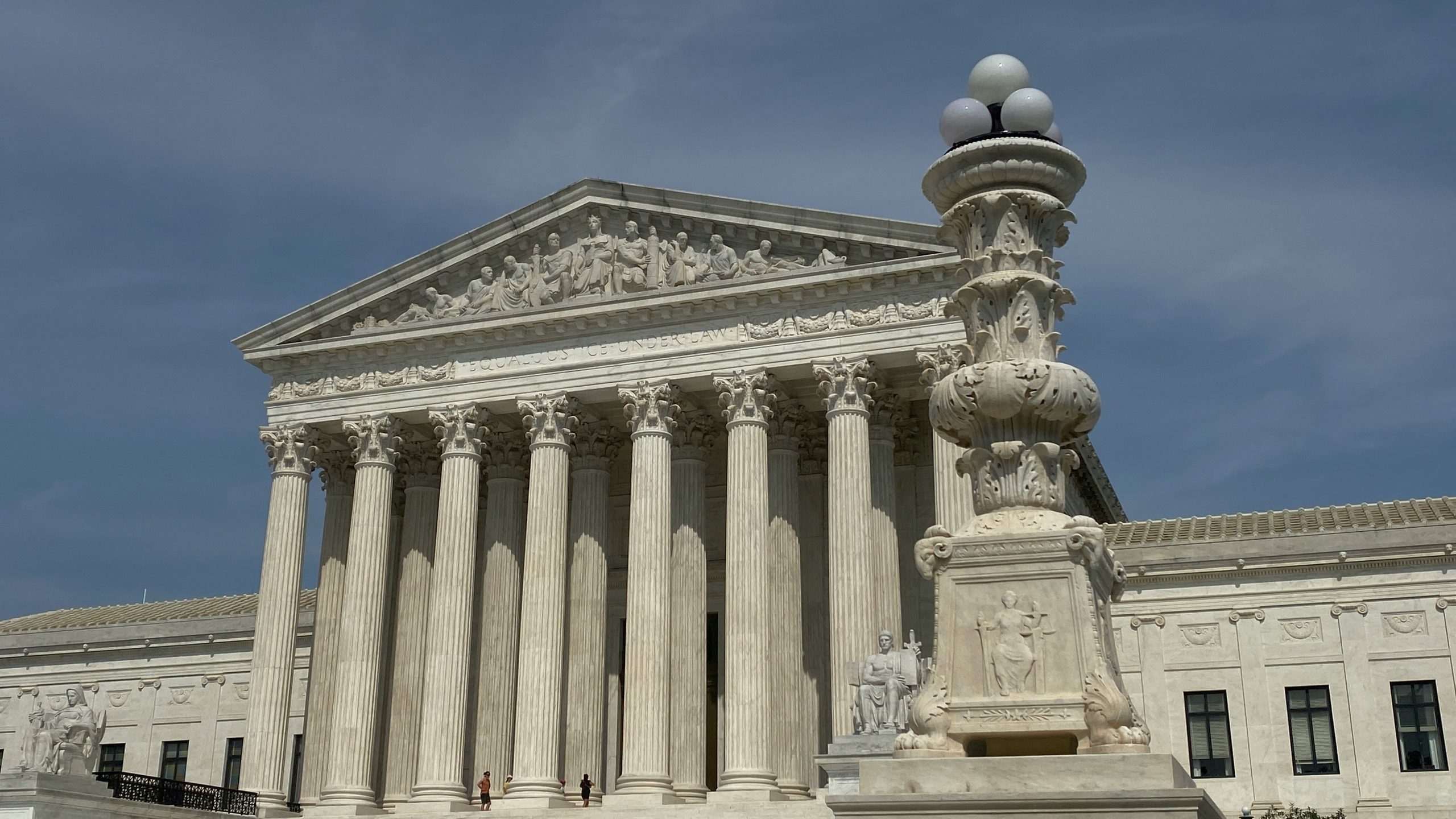U.S. Supremes Decline Cert. in South Carolina Ruling Denying Arbitration

The U.S. Supreme Court on October 6 denied certiorari in Mungo Homes LLC v. Huskins, in which the South Carolina Supreme Court had ruled an arbitration clause that conflicted with statutory protections unenforceable. The Huskins had purchased a home from Mungo Homes, LLC, signing a contract that included a mandatory arbitration clause. Crucially, this clause required any claims to be filed within 90 days—far shorter than the statutory limitations period provided under South Carolina law.
Reversing an appellate court decision, the S.C. Supreme Court found this provision to be void as a matter of public policy. Under S.C. Code Ann. § 15-3-140, contractual clauses cannot shorten the time allowed by statute to bring legal claims. The Court emphasized that this was a direct violation of state law and therefore unenforceable. Because the arbitration clause imposed an unlawful restriction, and because there was no severability clause, the arbitration requirement could not be enforced.
This ruling reinforces the principle that arbitration agreements, while generally favored, cannot override statutory safeguards. The decision also highlights the importance of severability clauses in contracts; without them, a single unlawful provision can render an entire agreement unenforceable.
Moreover, the case underscores the judiciary’s role in scrutinizing adhesion contracts—standardized agreements often presented on a take-it-or-leave-it basis. By refusing to enforce the arbitration clause, the Court protected homeowners from unfair limitations on their legal rights.
Mungo Homes LLC v. Huskins could shape the national conversation around arbitration and consumer rights. For now, it stands as a powerful affirmation of South Carolina’s commitment to upholding statutory protections in the face of restrictive private agreements.


